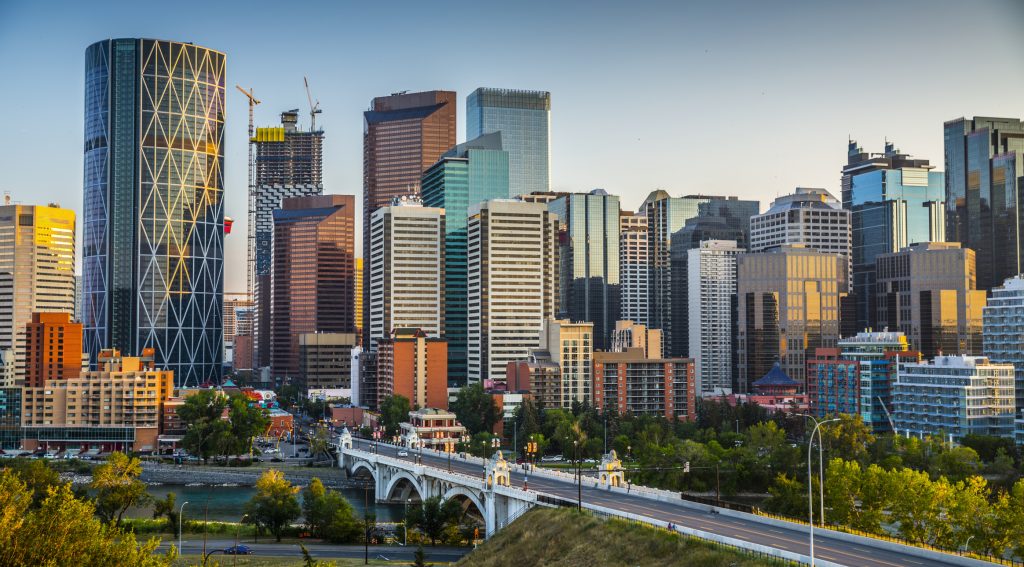‘Recessions can cause pain for lots of people’: UCalgary professor

Posted Feb 16, 2023 4:54 pm.
Last Updated Feb 16, 2023 10:07 pm.
A professor of finance at the University of Calgary (UCalgary) notes “recessions can cause pain for lots of people.”
But is Canada really dipping into a recession?
Dr. Alexander David, the David E. Mitchell professor of finance at UCalgary, says we are not currently in a recession.
“The CD Howe Institute does not date recessions in real time, that is, we will not know for a few months whether we are officially in a recession or not. In part, recessions are not dated in real time because economic data takes time to collect and process,” David said.
“Currently, Statistics Canada estimates that gross domestic product (GDP), which is a measure of the Canada’s output, grew at an annualized 1.6 percent rate in the fourth quarter of 2022, which is weak, but still positive growth. In addition, the unemployment rate in January 2023 is estimated to be about 5 per cent of the work force, which is a very low rate by historical standards.
“So, my conjecture is that we are currently not in a recession.”
What does recession mean?
He explains a recession is a period of time where employment and the country’s output — composed of goods and services produced — start decreasing.
“A recession is broadly a period of declining economic output and employment in Canada. There is no mechanical rule that tells us clearly if we are in a recession or not. Recessions are dated by the C.D. Howe Institute, which is the official arbiter of recession dates. The Institute determines how much economic output declines, how long does it last, and how widespread it is across the economy,” David said.
He says there are many key indicators to watch for.
“The two most common indicators are output growth and unemployment,” he said. “However, there are a host of other indicators that try and measure economic pain, such as stock and house prices, inflation, commodity prices, investment, industrial production, hiring, and capacity utilization.”
What happens during recessions?
David says during recessions businesses close and people start losing their jobs, leading to financial losses.
“Others have to sell their homes and rent if they can afford to. Some people’s wealth and retirement funds lose value, so they find it hard to maintain their standards of living in retirement,” David explained.
He adds impacts also affect strong businesses, and government services.
“Even businesses that survive may have to curtail investment plans, which means that they will not be able to grow fast in the future,” David said. “Governments face declining tax revenues, and find it hard to main the usual level of services provided to citizens. For example, education budgets frequently get cut in recessions.”
How to tackle it?
David says keeping an eye on the economic situation can spare people the heartache.
“It is important for people to ensure that they can purchase their regular list of goods and services in the event of a recession, especially if they lose their jobs,” he explained.
“Homeowners must determine if they will be able to afford all payments (mortgage, maintenance etc.), or they will be forced to sell their house in the midst of a downturn, typically a time of low house prices. Workers may need to postpone plans of switching jobs or improving their salary, and instead try and preserve their current income and career.”
Having a savings account, and constantly updating their resume can also help.
“Keeping an adequate buffer of savings is critical to being able to withstand an economic downturn,” David said. “In addition, people should attempt to constantly upgrade their skills, so that they can be more employable if they lose their jobs. They should also be informed on the types of jobs that are more likely to be in demand.”








